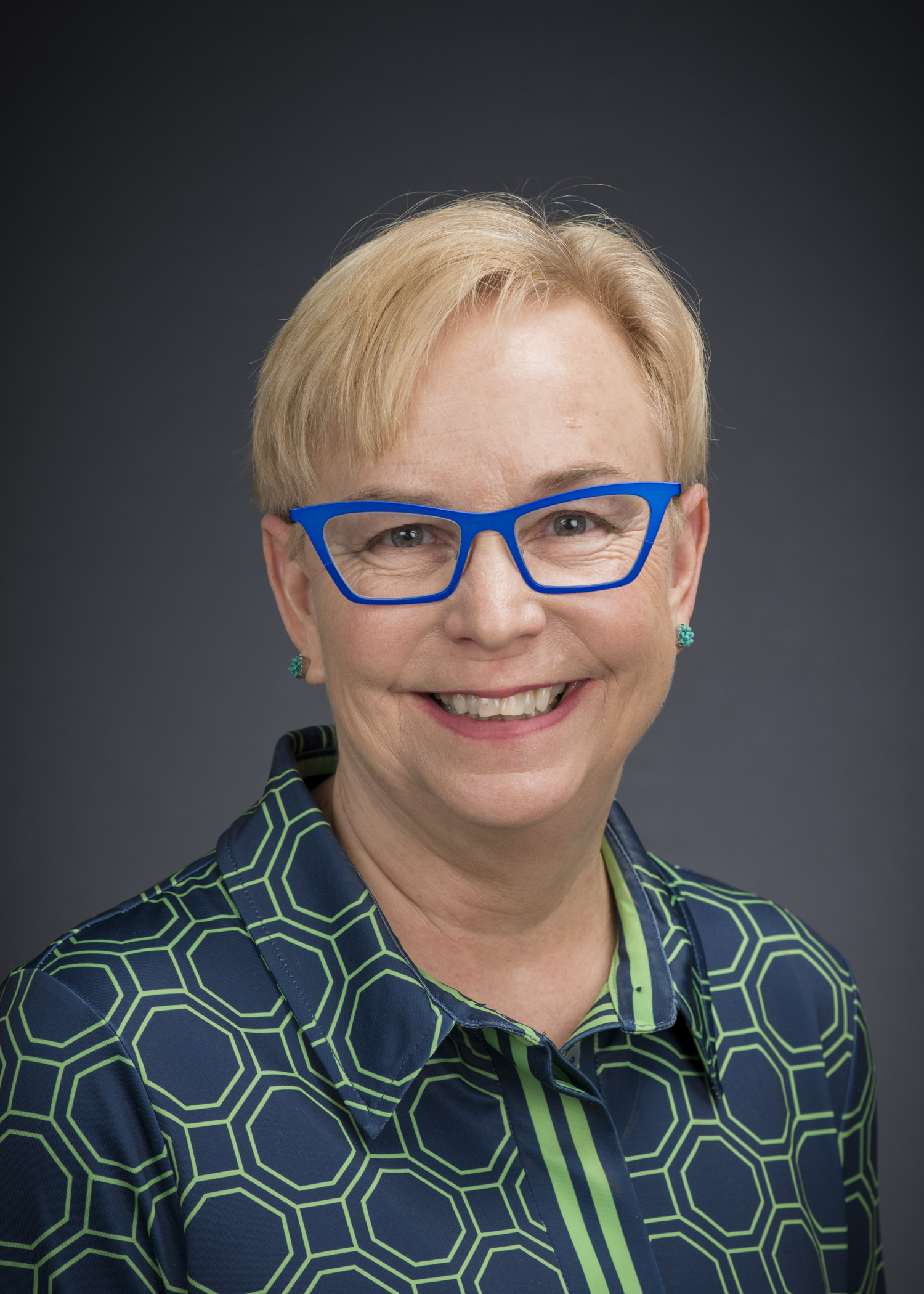Back to School | College of Arts & Humanities
 The Fall 2020 semester is finally upon us, and students, staff and faculty all around the UW-Parkside campus are preparing to return to a relative sense of normalcy. For Lesley Heins-Walker, Dean of the College of Arts and Humanities (CAH), it is an opportunity to get back to enriching the lives of students and giving them the tools to succeed after graduation.
The Fall 2020 semester is finally upon us, and students, staff and faculty all around the UW-Parkside campus are preparing to return to a relative sense of normalcy. For Lesley Heins-Walker, Dean of the College of Arts and Humanities (CAH), it is an opportunity to get back to enriching the lives of students and giving them the tools to succeed after graduation.
Adapting to the Circumstances
The Coronavirus pandemic has created many unique obstacles for educators and students, but for performing arts programs it has also made performing for the public a challenge. Heins-Walker explains that the circumstances have forced CAH to move performances to a virtual format. She elaborates, “We are seizing the opportunity to offer internships and practicum for our students to learn the most up to date ways to get our creativity outside of the building at a time when our audiences are restricted due to COVID.”
Performing artists are not the only students affected. Heins-Walker states, “Our art galleries will be in full operations with a limited number of people in either the Fine Arts or the Foundation Galleries at one time. Visiting artists will be live-streamed.”
Challenges and Advantages of Virtual Learning
The pandemic presents a unique learning experience for both professors and students. Heins-Walker believes that despite the added obstacles, the university can still achieve its goal of providing quality education. She says, “There are many challenges we must face, but I believe we can still provide an enriched educational experience for our students because of the nimbleness of faculty and staff.”
Virtual learning environments are not without their advantages either. Heins-Walker says that there are positives to conducting virtual classes as well. She states, “Virtual classes have much to offer particularly in terms of full participation and engagement of the entire class.”
Heins-Walker says that the biggest challenge has been finding safe and efficient ways of teaching face-to-face classes and that it is important to students to have that option. Online classes are one way that CAH is protecting its students and making sure everyone can learn without sacrificing health or safety. Heins-Walker contends that those advantages along with the CAH faculty and staff members skill with online classes will maintain the college’s high level of academic quality. She asserts, “All of our faculty are highly trained in online pedagogy. There’s no question in my mind that the online classes will be rich and engaging for students.”
The students are not the only ones learning from this unique set of circumstances. Heins-Walker explains, “We’ve learned that it was important to offer our students a mixture of online and face-to-face classes in order to keep them fully engaged. We believe that we have the right combination for an excellent educational experience in a safe environment.” She explains that the key to success is balance and she feels that her college has found the right one to effectively carry out their goals. She adds, “CAH faculty have been great in identifying what our students need—both online and face-to-face.”
Student Response and Moving Forward
According to Heins-Walker the response from students has been generally positive, but the current state of theatres around the country has had an impact on students choosing which course of study they will pursue. She sates, “By and large, our students seem happy with our choices. However, I do note that our enrollments in Theater are lower this year than in the best several years. Clearly, the shuttering of Theatres nation-wide has had an impact on what students are choosing to do.”
CAH has banded together and is actively looking for ways to help the community in these challenging times. Even though the medium might be different, UW-Parkside is still planning on providing the community with opportunities to enjoy the talents of the CAH students. “We’re looking forward to the many digital projects that the Theater and DMAP students will participate in,” she says. According to Heins-Walker, the college has also been contributing by producing protective masks for the campus community. “Our students made 700, branded masks this summer for the campus,” she elaborates.